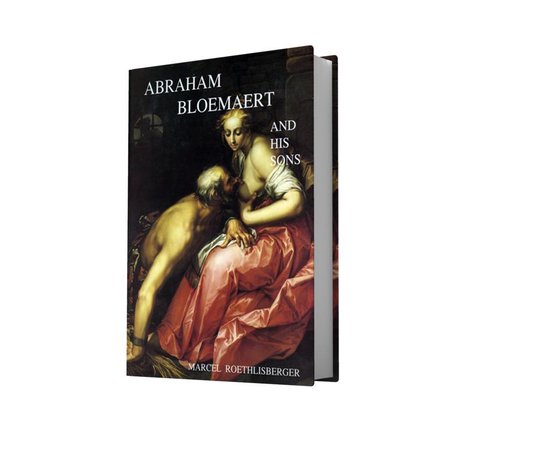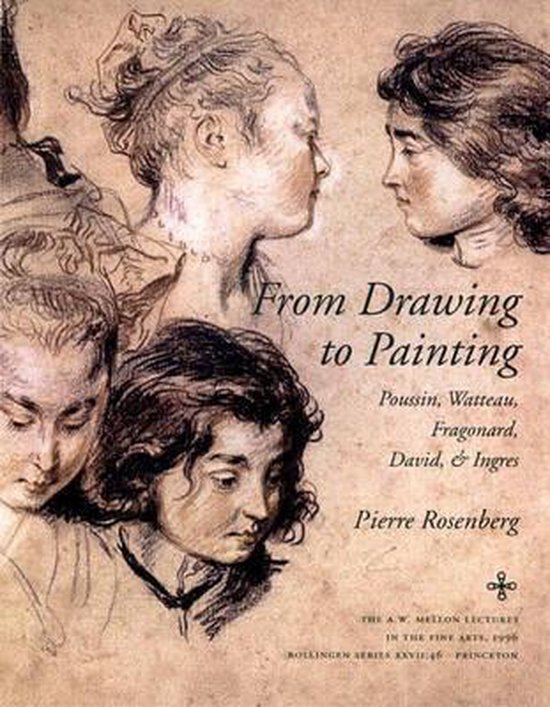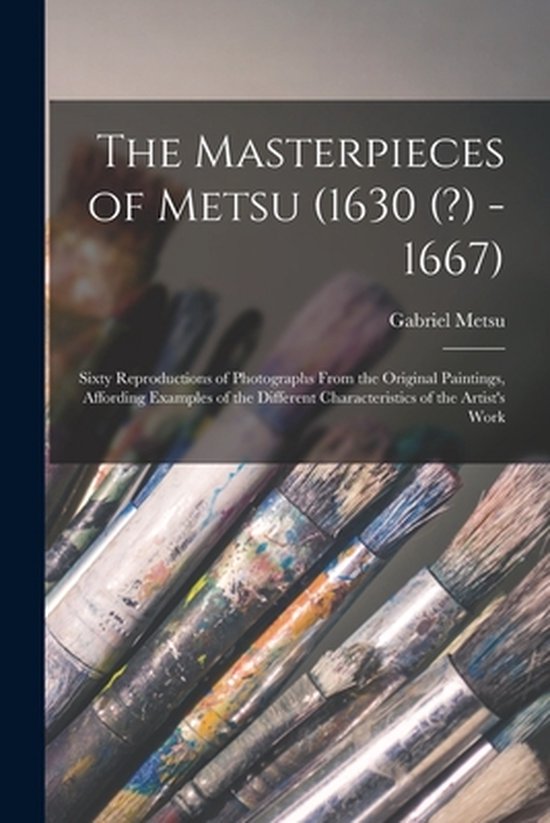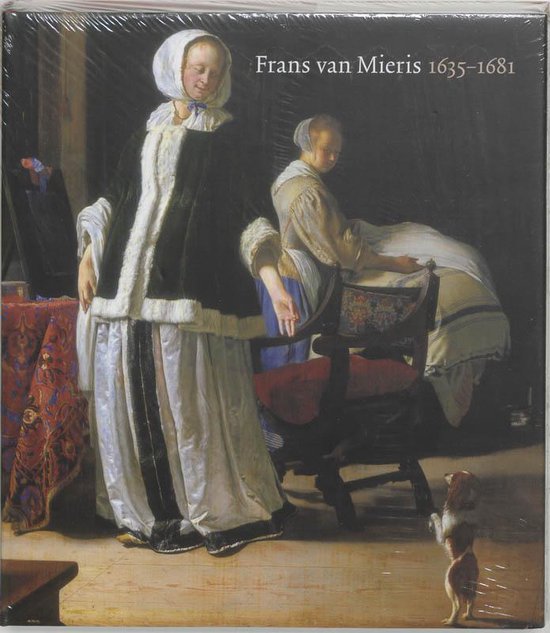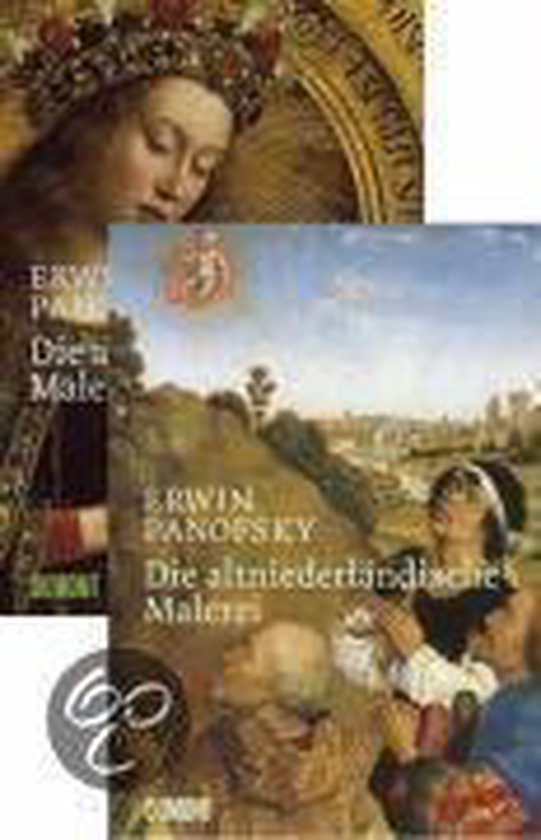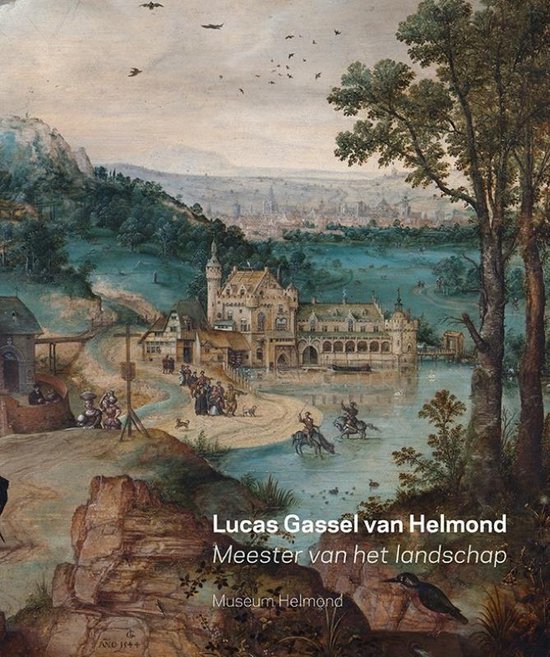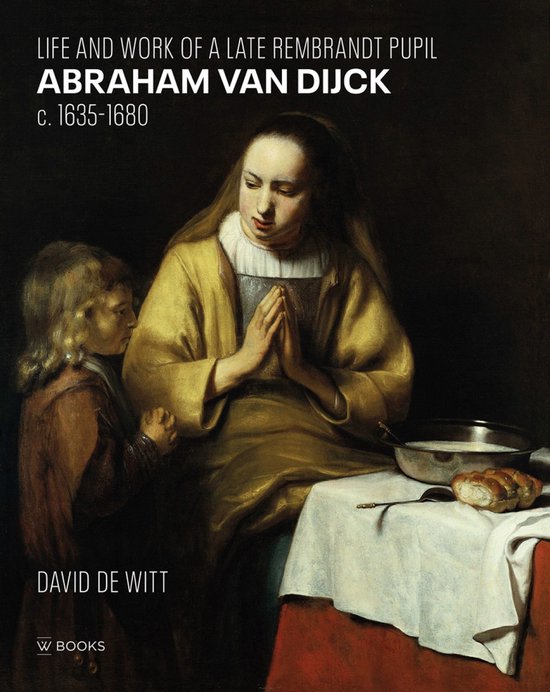
Abraham van Dijck (1635-1680)
Abraham van Dijck developed an alternative to his master Rembrandt's style: exploring inner life with daring experiments in light and handling. This is the first comprehensive monograph of his work
In the years around 1651, Rembrandts young charges followed him in the turn of his late style, with its concentration, inner emotion, impasto handling, and restrained dynamism. Around then the young Abraham van Dijck also arrived from Dordrecht to complete his studies. He quickly grasped his master's new direction, but also developed a gentle and vulnerable alternative to it: exploring the evocation of inner life, with daring experiments in light and handling. Together with fellow pupils Nicolaes Maes, Jacobus Leveck and Cornelis Bisschop, he returned to Dordrecht for a brief and fertile period of painting and drawing. Eventually he succumbed to the siren call of Amsterdam once more. This is the first comprehensive monograph of his remarkable achievement in drawing and paintings and his distinctive contribution to the art of this period.
In the years around 1651, Rembrandts young charges followed him in the turn of his late style, with its concentration, inner emotion, impasto handling, and restrained dynamism. Around then the young Abraham van Dijck also arrived from Dordrecht to complete his studies. He quickly grasped his master's new direction, but also developed a gentle and vulnerable alternative to it: exploring the evocation of inner life, with daring experiments in light and handling. Together with fellow pupils Nicolaes Maes, Jacobus Leveck and Cornelis Bisschop, he returned to Dordrecht for a brief and fertile period of painting and drawing. Eventually he succumbed to the siren call of Amsterdam once more. This is the first comprehensive monograph of his remarkable achievement in drawing and paintings and his distinctive contribution to the art of this period.
| Auteur | | David de Witt |
| Taal | | Engels |
| Type | | Hardcover |
| Categorie | | Kunst & Fotografie |
